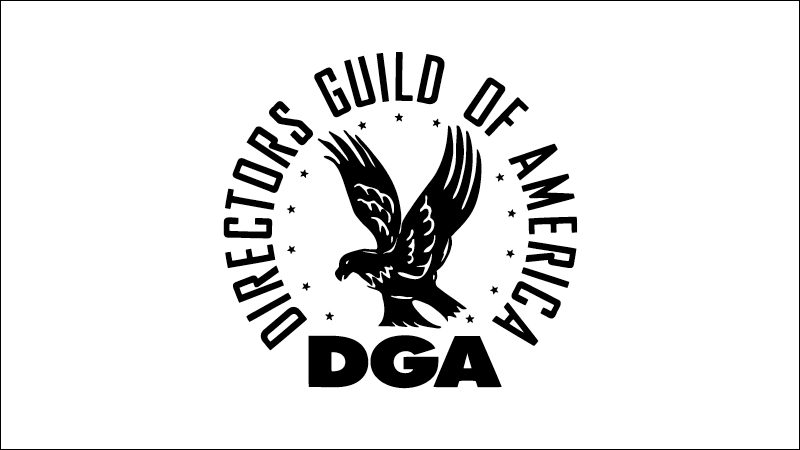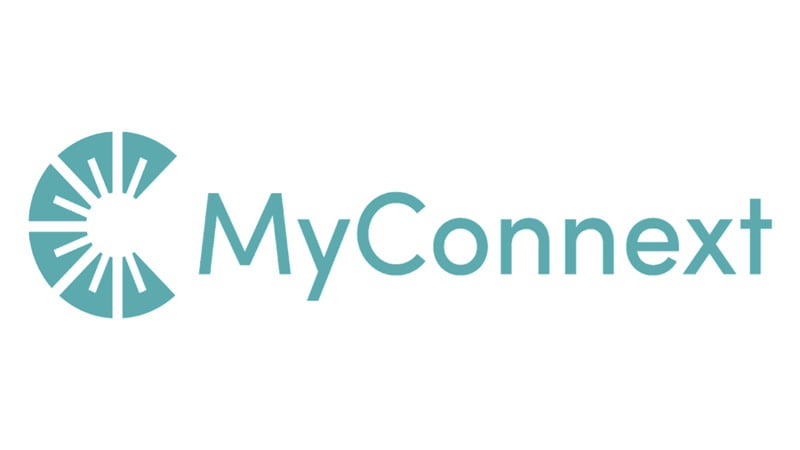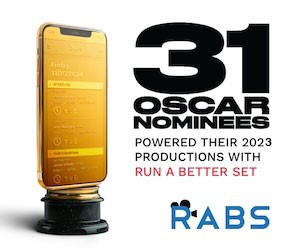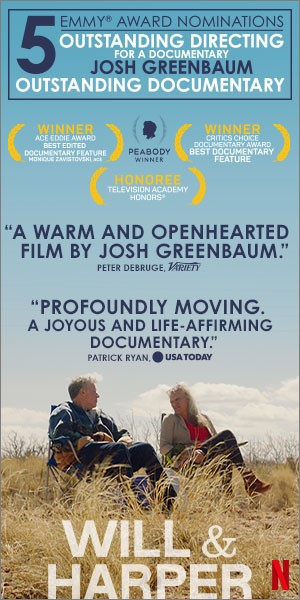Dear Member:
The Guild believes the workplace should be a respectful and inclusive environment and that every individual has the right to a safe workplace. Changing culture is a long and difficult journey; there is much work to be done and the Guild is committed to helping lead that process. Employers have a legal obligation to provide a workplace free from all forms of unlawful discrimination, harassment and retaliation. Harassment in the workplace is an unlawful form of discrimination when it is based on a legally protected characteristic – like gender, race or ethnicity, color, religion, creed, national origin, alien or citizenship status, age, disability, sexual orientation, or marital status.
As part of that effort, the DGA has joined the Hollywood Commission on Sexual Harassment and Advancing Equality in the Workplace, an industry-wide coalition whose goals are to lead the entertainment industry toward alignment in achieving safer, fairer, more equitable and accountable workplaces. In addition, the Guild successfully negotiated for online sexual harassment training for DGA members who work under the BA/FLTTA in our 2017 contract negotiations.
While the DGA continues working toward industry-wide solutions, we are available to you to discuss any concerns you may have. Below are frequently asked questions about reaching out to the DGA, and background information about sexual harassment and the law.
How the Guild Can Help
If you have been harassed in the workplace please call Mayra Ocampo, Assistant Executive Director at (310) 289-2006 or email her at mocampo@dga.org. After business hours, please contact the DGA’s Safety Hotline at (800) 342-3457. These conversations will be kept private. Members with concerns, particularly if the concerns are current, can also speak to their Field Representatives who will listen and refer them to appropriate resources.
As a guild it is our duty to ensure all members receive fair treatment and due process. If an allegation of harassment has been made against you, and your employer wishes to interview you, the Guild can also accompany you as your union representative. Whether you need or have the right to representation depends on the facts of the case.
What will happen as a result of that call?
The Guild can assist in finding appropriate resources to support you and advise on next steps, which may include reporting the issue to the employer. It is the employer’s obligation to provide a safe workplace, free of harassment and the fear of violence, and to take appropriate remedial action if it becomes aware of such misconduct. An employer has an affirmative duty to investigate harassment if it has reason to believe it has occurred, even in the absence of a formal complaint. The DGA can help make sure the employer is meeting its obligations. We will also help strategize and discuss options when the employer is the one engaging in the inappropriate behavior.
What is the role of the member?
As Directors and members of the directorial team, DGA members are often respected employees on set — and it is incumbent upon all of them to lead by example. All members should speak up and put a stop to unlawful harassment whenever they see or experience it. The first step is reporting the harassment to the employer so it can be quickly stopped. If you see something, say something.
Additional Resources
- The MyConnext Reporting Tool is a secure and private online platform that allows members to safely explore available support, understand your rights, and report workplace misconduct conveniently and securely – www.myconnext.org.
- The Equal Employment Opportunity Commission (EEOC) is the government agency responsible for enforcing federal laws that make it illegal to sexually harass anyone in the workplace. (800) 669-4000 – www.eeoc.gov/index.cfm
- The Entertainment Industry Help Line offers emotional support and referrals to pro bono legal services, low-fee therapy, and free support groups for anyone who has experienced sexual harassment or misconduct while working in the entertainment industry. Trauma-informed staff take calls from across the country, and referral services currently serve California, New York, and Georgia. – (855) 943-5463
- The National Women’s Law Center offers legal services for women, including legal assistance regarding sexual harassment in the workplace. – www.nwlc.org/timesup/legal-assistance
- The Actors Fund provides free and confidential help for those who have experienced sexual harassment. Services include short term one-on-one counseling, referrals for helpful resources and assistance in locating legal services. – www.actorsfund.org
- You also may contact your local state bar association, which should provide you with referrals and/or access to free legal services.







